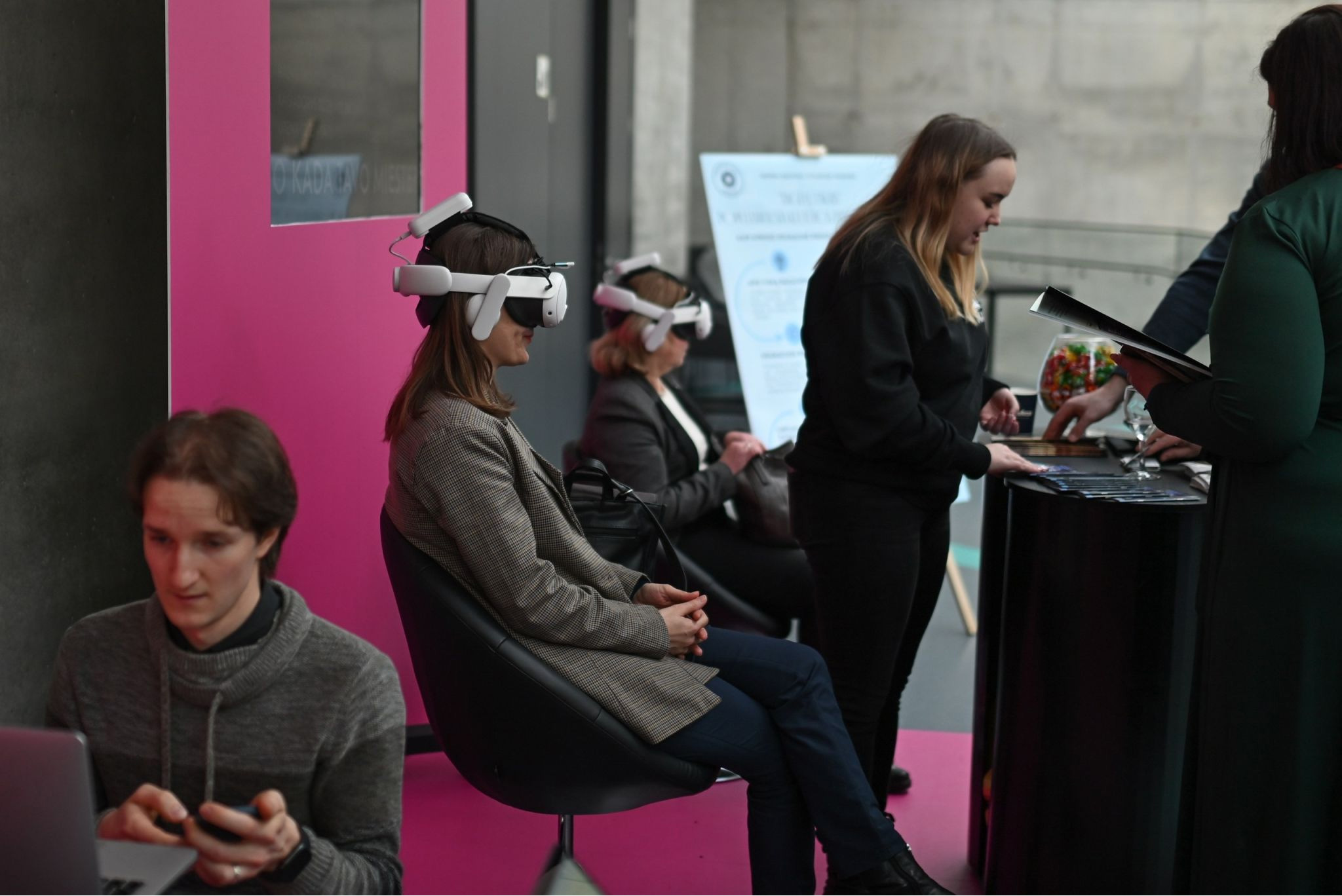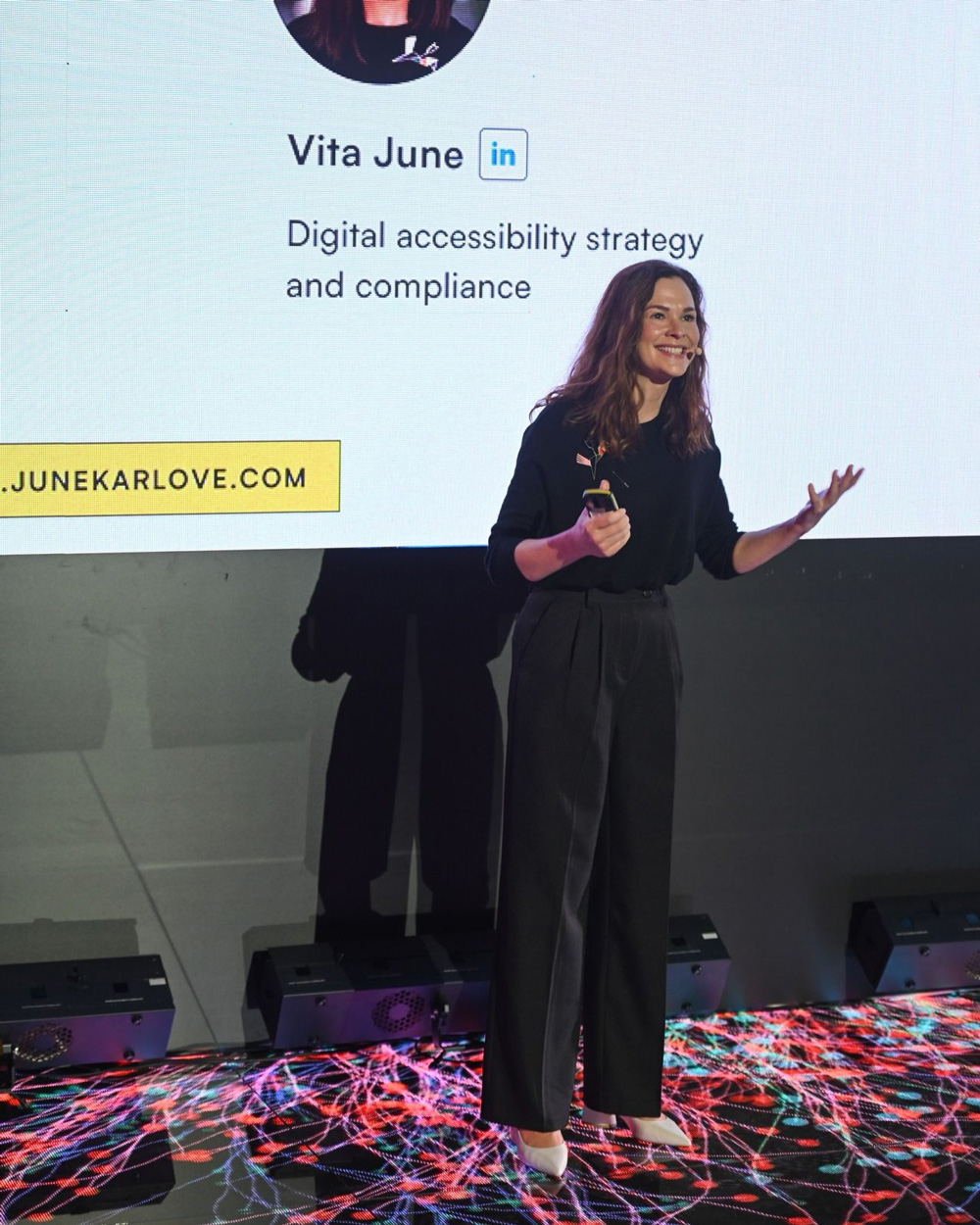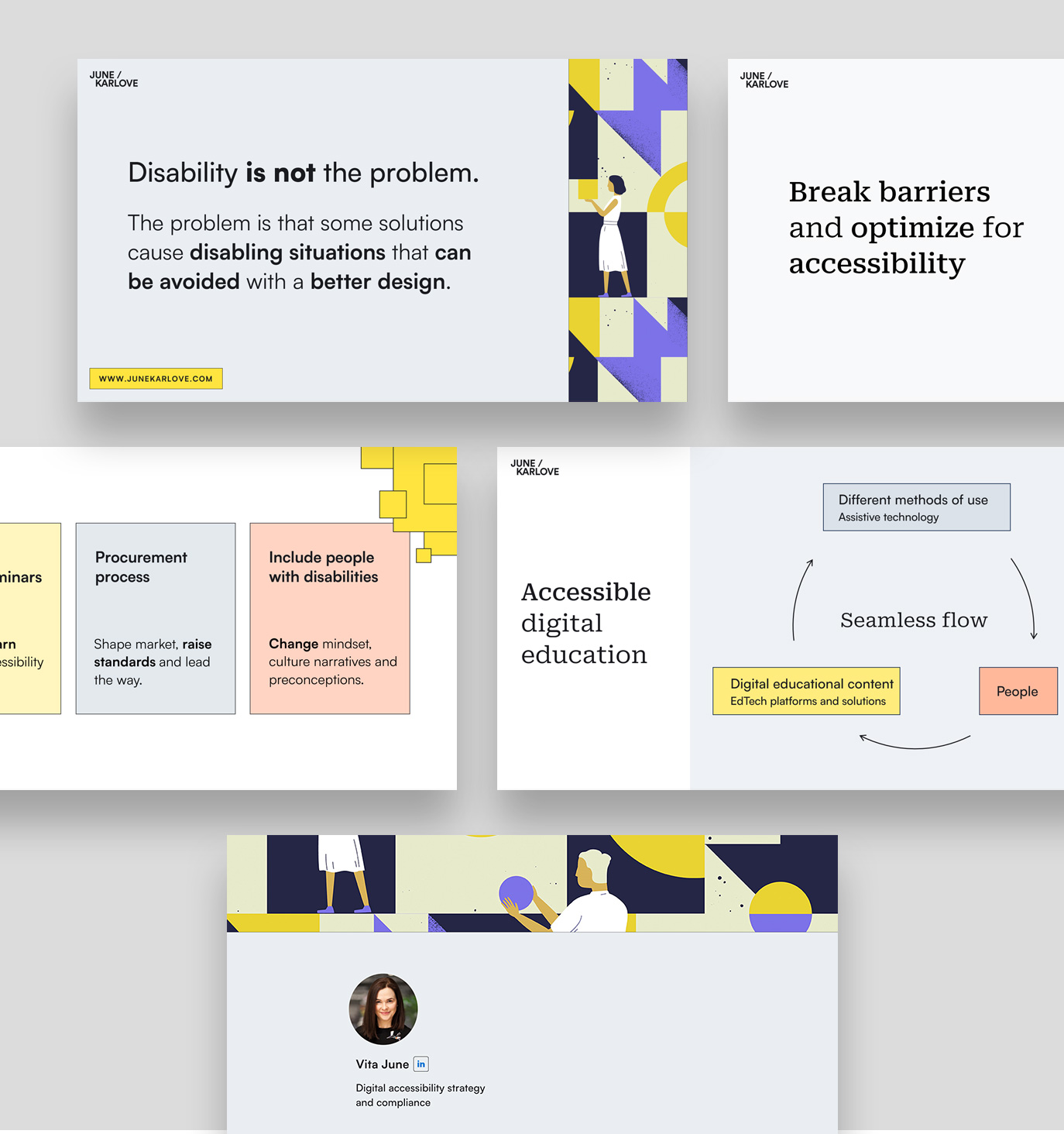Making digital education accessible for every learner – keynote at EdTech Week Lithuania 2024
EdTech Week Lithuania is an annual gathering of innovators in education technology, bringing together nearly 60 local and international speakers. In 2024, the theme focused heavily on user experience in learning tools, with discussions ranging from design methods to engagement strategies.
We were invited to deliver a keynote that reframed digital accessibility not as a separate compliance activity, but as an integral part of user experience — essential for creating inclusive, effective, and future-proof educational technology.
The challenge ahead
At EdTech Week Lithuania 2024, we set out to address a persistent gap in learning tool design: accessibility is too often treated as an afterthought, added to meet compliance requirements rather than embedded from the start. This approach overlooks the needs of learners with sensory, physical, cognitive, or communication differences — and in doing so, limits equal access to education.
How we approached it
In our keynote, we positioned accessibility as a design principle that strengthens user experience for everyone. We shared real-world examples from tools like Microsoft Immersive Reader, alongside inaccessible math apps and games such as Hungry Fish, to reveal both common barriers and practical fixes. Our recommendations were clear:
- Build accessibility skills across design and development teams.
- Make the European harmonised standard EN 301 549 a non-negotiable requirement in procurement and product creation.
- Involve people with diverse needs and preferences throughout the design process.
What changed
The session sparked new conversations in the EdTech community and built a stronger link between accessibility, user experience, and educational equity. We connected accessibility to the Universal Design for Learning framework, the Web Content Accessibility Guidelines (WCAG), and key European regulations including the Web Accessibility Directive (WAD) and the European Accessibility Act (EAA). Attendees left with concrete steps to apply immediately, and several teams committed to reviewing their platforms to remove barriers and integrate accessibility into their UX strategy from the ground up.




